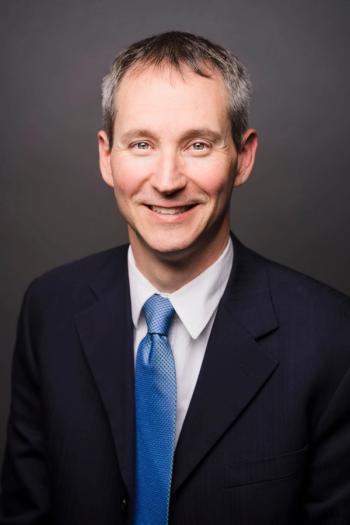
The Bigger Picture: Fighting for a Sweeter Deal
In America’s Chocolate City, a diminutive practice administrator takes on the big payers, and gets results.
Lynne Leis is petite and quiet. She’s deferential when she talks about her husband, a family practice physician in Hershey, Pa., the world’s chocolate capital.
But in her eyes, there is steely determination.
The diminutive practice manager takes on managed-care companies like a heavyweight champ. Surprisingly, the knockouts haven’t really taken that much effort.
Last year, for example, Cigna offered the appropriately named Cocoa Family Medicine a fee schedule with reimbursement below Medicare.
Leis got a phone number for a provider rep - no small feat. But once she got the rep on the phone, she simply pointed out that the fees were low and sent in a couple of E&M codes comparing Cigna’s rates to Medicare. Cigna responded by increasing rates for the whole region, according to Leis.
How could it have been that simple?
“Cigna didn’t even know” that its rates were below Medicare, she says. “But I was the only one who called. Can you imagine? All these people in Hershey and Harrisburg, and no one called except for me. That’s scary.”
Similarly, she says she helped get the American Academy of Family Physicians involved when a payer decided to cover cholesterol screens but not HDL/LDL panels. The payer changed its mind. Leis and her husband painstakingly review every contract. “We don’t just blindly sign anything.”
Her biggest effort to date? Helping the Pennsylvania Medical Society introduce payer-contract reform legislation in the state house.
Payers have started inserting clauses into contracts that restrict practices’ ability to manage their payer mix. One common, and odious provision, says that if a practice closes its doors to that payer’s new enrollees, it must also close to new enrollees of all other plans.
“The physicians’ feeling is that it’s their practice. The insurance companies don’t pay physicians enough to boss them around.”
For years Cocoa Family Medicine successfully fought these provisions: It would refuse to sign such contracts, insisting the payer drop the clause, and the payers would yield. But then a payer finally called its bluff, refusing a renewal without the clause.
The group felt it couldn’t turn down the contract. Employees at the Hershey plant, among other major employers, used this managed-care company heavily, and Leis didn’t want half of that payer’s patients leaving the practice.
She was between a rock and a hard place. Then she saw a call from the state medical society asking physicians for resolutions to introduce to the state legislature.
She and her husband wrote a short response. Before they knew it they had started a rebellion.
House Bill 933 would have required that managed-care contracts be written in plain English and that payers release contact information for staff who can answer questions about contracts. It would have restricted payers’ ability to impose contractual obligations that affect practices’ contracts with other payers, and would have prohibited silent PPOs, among other things.
The measure passed the House, but the Senate recessed without voting. The medical society plans to reintroduce the bill in the new legislative year.
Why does Leis bother with all this when so many others just complain?
Well, she does have a personal stake: “As many negatives as I hear about the doctor’s wife in the practice, I care about what happens. Maybe that makes me fight harder.”
But she also is just fundamentally optimistic. “It basically hasn’t occurred to others that they could do anything. You have to want to make a difference and find one person who can help you.”
To be sure, Leis won’t single-handedly transform the system. But she can nudge it a little. So can others.
Pamela L. Moore is senior editor, practice management, for Physicians Practice. She can be reached at
This article originally appeared in the May 2008 issue of Physicians Practice.
Newsletter
Optimize your practice with the Physicians Practice newsletter, offering management pearls, leadership tips, and business strategies tailored for practice administrators and physicians of any specialty.








